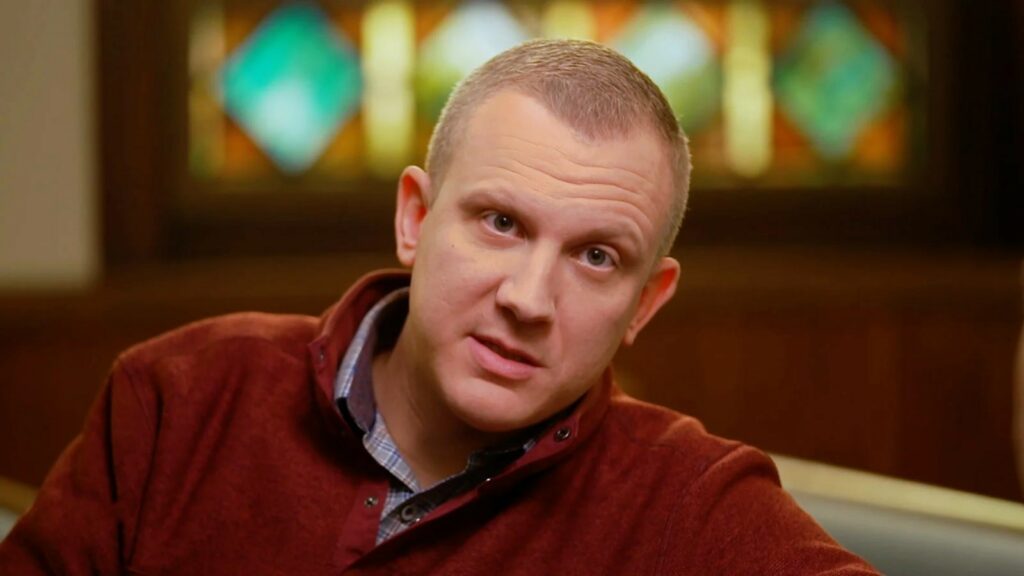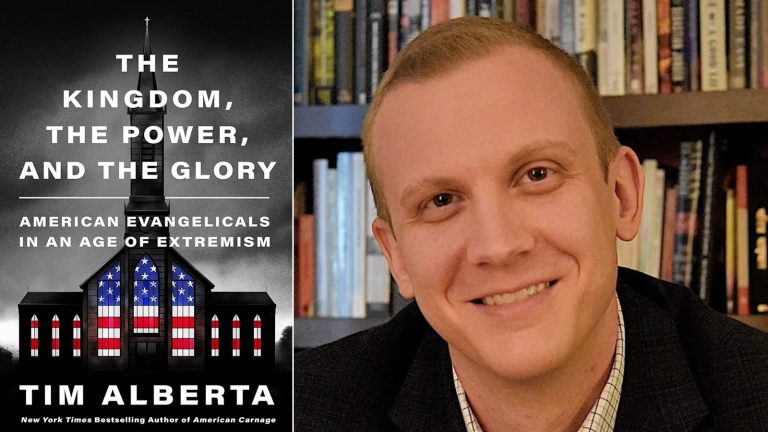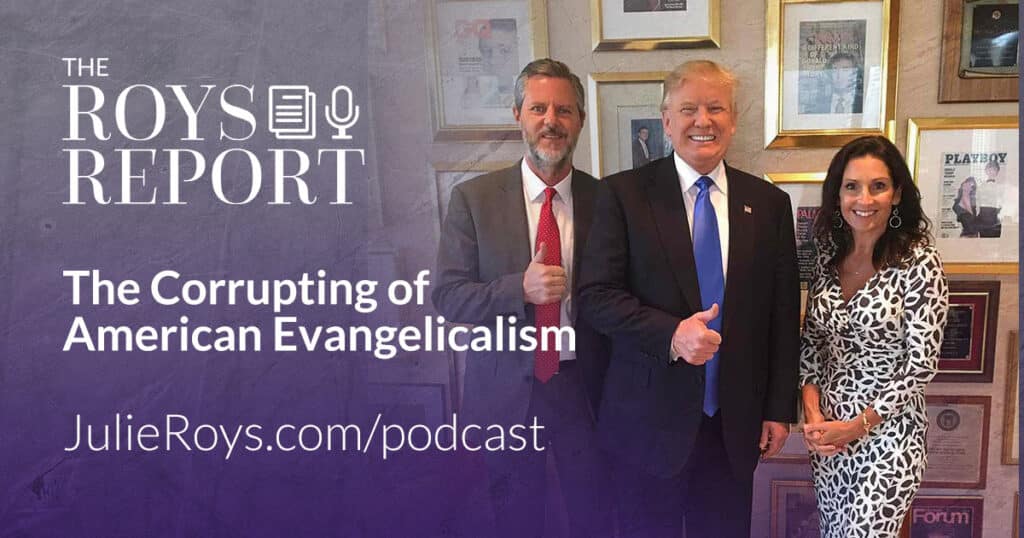In the Iowa Republican caucuses this month, 53 percent of white evangelical Christians voted for Donald Trump. In the New Hampshire primary70% of them did so.
Are you surprised? Of course not.
White evangelicals’ attachment to Trump has been described, discussed, and ridiculed for years. But to understand what it’s about, you have to go to Tim Alberta’s new book, “The kingdom, the power and the glory.”
Alberta, the child of an evangelical pastor and veteran political journalist, used his insider knowledge to compile what amounts to a field report on the spiritual politics of white evangelicalism in America since the 2020 election.
The impact of COVID-19 cannot be overstated. Government mandates restricting in-person worship appear to provide concrete evidence of a widely held belief among evangelicals that secular authorities are attacking Christianity. Across the country, Alberta found, many worshipers abandoned evangelical churches that observed the mandates in favor of those that defied them.
Donate $30 or more to the Roys Report this month and you’ll receive a copy of “The Great Unchurched: Who’s Leaving, Why Are They Leaving, and What Will It Take to Bring Them Back?” » by Jim Davis and Michael Graham. Make a donation, Click here.

The effect, described by Alberta in “The Kingdom,” the first section of the book, was an intensified politicization of the white evangelical world.
Next, in “The Power,” Alberta engages with a legion of evangelical figures who have promoted and profited from politicization: Ralph Reed and Paula White, David Barton and Charlie Kirk, Michael Flynn and Greg Locke, as well as lesser-known exploiters of power. grassroots fears and anxieties. He calls them crooks, shepherds who know they are leading their flocks with false teachings for their own benefit.
“The Glory,” the final section of the book, focuses on Alberta’s heroes – people who pushed back against the powers and principalities of the evangelical establishment. These include other conservative evangelicals such as Russell Moore, former political bureau chief of the Southern Baptist Convention; Rachael Denhollander, legal advocate for sexually abused evangelical women; and David French, lawyer turned New York Times columnist.
The good news, Alberta says, is that (by his estimate) only 20 percent of white evangelicals have been fully MAGA-fied. The bad news is that the other 80% are complacent. And, as he recently said Evangelical podcaster Curtis Chang said, “That committed 20% is going to beat that complacent 80% every time.” »
Channeling her inner pastor, Alberta is making a sort of altar call to the 80% to abandon their complacency and stand up for the true nature of Christianity.
Although he criticizes what he sometimes calls “American Christianity” for ignoring Jesus’ injunctions on behalf of the poor, foreigners, and marginalized, he does not discuss any version of the social gospel. His restorationist ideal is the early church, an itinerant enterprise dedicated to loving enemies and not just friends, disengaged from earthly politics because Christ’s kingdom is not of this world.
As he told Chang: “Maybe now there is a demand that is starting to grow among those 80 percent… not to go to war with the 20, but to be better equipped so that they can help win back their church, win back their congregation. , recover their religious tradition from those who tried to hijack it.
Judging by the results from Iowa and New Hampshire, the evidence for such rehabilitation is rather thin. But “faith”, says the Good Book, “is the substance of things hoped for, the evidence of things not seen. »
And Tim Alberta is determined to keep the faith.
This commentary, originally published by Religion News Service, does not necessarily reflect the views of the Roys report.
Mark Silk is professor of religion in public life at Trinity College in Hartford, Connecticut, and a contributor to Religion News Service.
Editor’s Note: Click below for a recent podcast with author Tim Alberta, he talks in part about the final section of the book, which highlights the advocacy work of Rachael Denhollander as well as how the Roys Report came to be and why the work we do is important .



